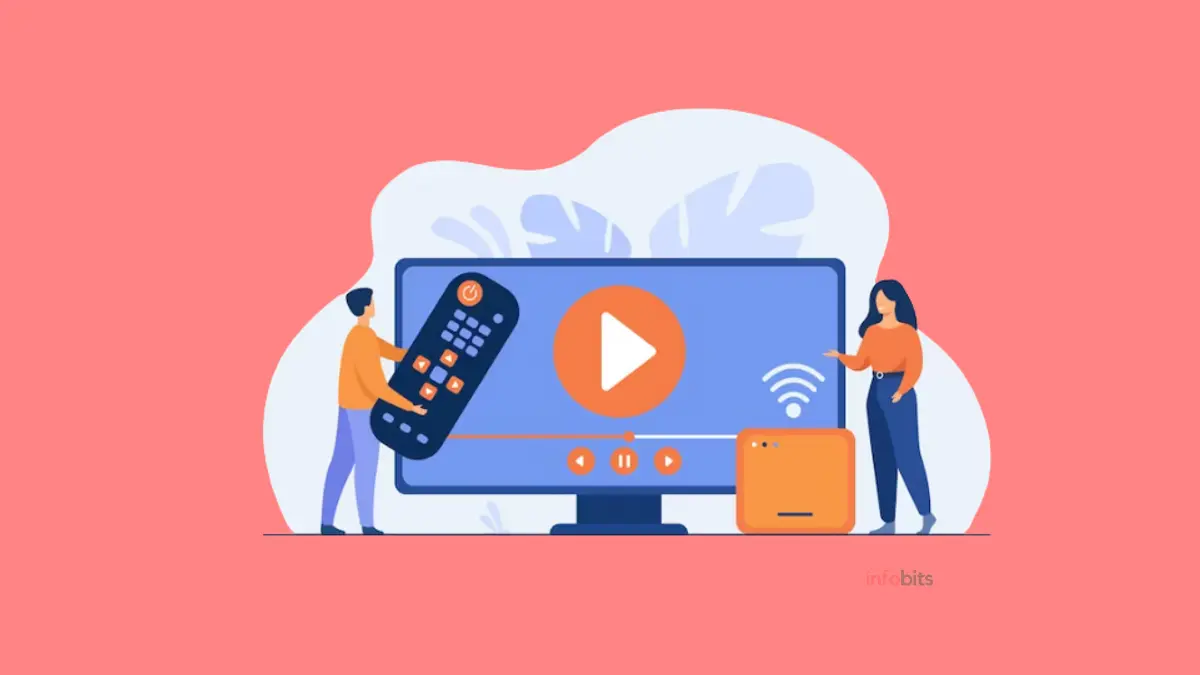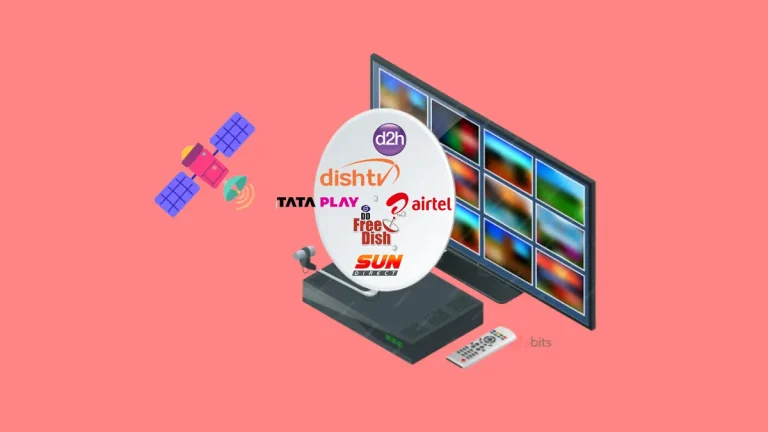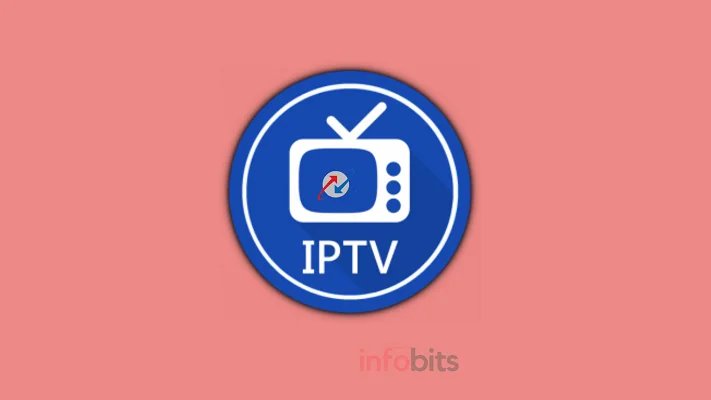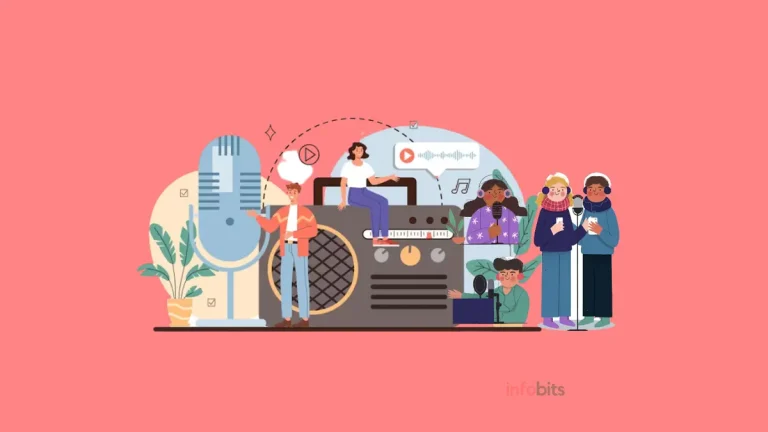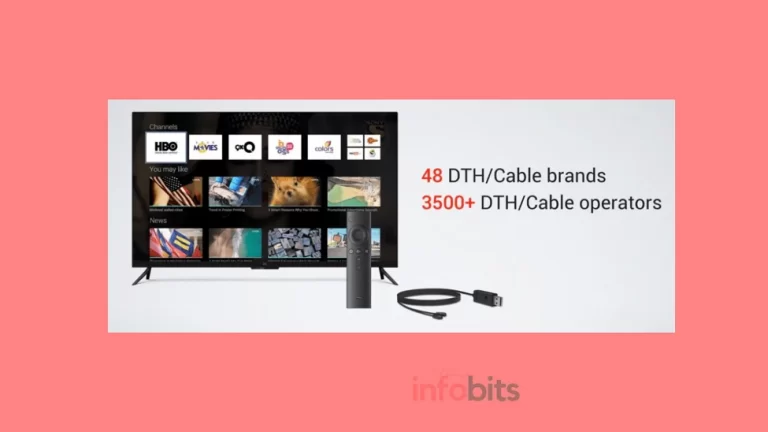IPTV vs Cable TV: Which is Better for You?
The way we watch television has changed dramatically in this digital era. We now have various ways to watch our favourite shows and movies, thanks to the advancement of contemporary technology.
Internet Protocol Television (IPTV) and conventional cable TV are two common options among them.
Cable television, as we all know, has long been the go-to choice for households looking for entertainment, offering a large selection of channels via standard coaxial cables.
IPTV, an alternative to cable TV, uses internet protocols to deliver television shows and other multimedia content.
As customers want greater flexibility, convenience, and different content alternatives, the IPTV vs. cable TV choice becomes increasingly important.
In this post, we will look at the fundamental differences between IPTV and cable TV, comparing factors like quality, content variety, pricing, user experience, and accessibility to help you decide which of the two is best for you.
Key Differences between IPTV and Cable TV
IPTV, or Internet Protocol Television, is a digital television broadcasting technology that delivers television programming to consumers’ devices over Internet connections.
Instead of depending on traditional broadcasting techniques, IPTV allows users to consume streaming media material via the Internet, providing a diverse selection of channels and on-demand services.
Cable TV, a typical television channel delivery method, has long been the preferred option for the majority of households. It delivers television signals to consumers’ homes through physical cables, providing a diverse selection of channels and entertainment alternatives.
Coaxial cables are used in cable television to transport signals from a cable provider’s network to the user’s television set.
It has been around for decades and is a popular option in many homes. Nowadays, these coaxial cables are being replaced by fibre-optic cables in many parts of the world for cable TV distribution.
Let us go through the major differences between IPTV and cable TV.
a) Transmission and Delivery:
As previously stated, the primary distinction between IPTV and cable TV is in their signal transmission techniques.
IPTV uses the internet protocol to distribute TV content, whereas cable television uses coaxial or optic fibre cables.
As a result of its ability to utilize the huge infrastructure of the internet, IPTV provides greater flexibility and scalability.
Cable TV employs a dedicated cable connection that links the user’s television to the network of the cable provider.
IPTV uses the user’s internet connection to broadcast video through a variety of devices, such as smart TVs, streaming boxes, and even smartphones.
In this context, it is worthwhile to note that cable TV (or IPTV) and the Internet are provided to the customer end through the same optic fibre.
b) Device Requirements:
Cable TV usually necessitates the use of a set-top box provided by the cable provider, which converts the cable radio frequency signal into a format that can be shown on a television.
Users of IPTV, on the other hand, may access content through a range of devices, including smart TVs, laptops, tablets, and smartphones, without the need for a separate set-top box.
However, some IPTV providers also provide smart set-top boxes.
c) Quality and Reliability:
Cable TV delivers excellent picture quality and sound, but it is susceptible to weather and other external variables such as cable problems or breakage.
If you have a high-speed internet connection, IPTV gives a greater picture and sound quality and is not impacted by external variables.
Both IPTV and cable TV may provide high-definition (HD) and even 4K material in terms of signal quality.
However, IPTV can be affected by internet connection problems or network congestion, resulting in buffering or reduced visual quality.
Cable TV, on the other hand, offers more constant and dependable signal quality. In general, cable TV is a lot less susceptible to disruptions than IPTV.
d) Content Availability and Variety:
In most locations, cable TV is readily available, but it requires a physical cable connection to your house.
This implies that if you reside in a rural area, you do not have access to cable TV.
IPTV, on the other hand, simply requires an internet connection; therefore, it is accessible from any place with internet access.
e) Channel Selection and Cost:
IPTV provides a diverse selection of channels, including local, premium, and worldwide TV networks.
Thus, IPTV services may tailor your channel lineup to your preferences.
Cable TV companies, on the other hand, may demand that you purchase multiple bundles to access certain channels, which can be pricey.
Cable television is typically more costly than IPTV, and it requires the purchase of a set-top box as well.
IPTV providers, on the other hand, offer inexpensive monthly subscription packages that are less expensive than cable TV.
Furthermore, because IPTV services do not require any hardware installation, you may save money on equipment expenditures too.
f) On-Demand and Interactive Content:
One evident advantage of IPTV is the availability of on-demand content. Subscribers to IPTV may watch a large variety of on-demand movies, programs, and even full seasons of television series.
Cable TV providers also provide on-demand programming, although their options may be more restricted in comparison to the large libraries provided by IPTV services.
Cable TV has some interactive capabilities, but they’re not up to the mark as in IPTV. On the other hand, IPTV opens up a world of options.
IPTV elevates your TV experience to a whole new level, with everything from on-demand entertainment to interactive applications and games.
g) User Interface and Navigation:
The user interface of cable TV may sometimes be perplexing.
IPTV, on the other hand, has a clean and straightforward user experience that makes it simple to discover your favourite episodes and movies. It’s like having your video content library.
h) Accessibility and Flexibility:
IPTV services are more adaptable than cable television. You can watch your favourite TV episodes and movies on any device that has an internet connection, including your smartphone, tablet, laptop, and smart TV, using IPTV.
Furthermore, most IPTV systems provide on-demand material, allowing you to view your favourite episodes and movies whenever you want.
The days of fighting over remote control are long gone. With IPTV, you can watch your favourite shows on several devices at the same time.
You’ll never miss a second of your favourite shows, whether you’re in the living room, bedroom, or even on the road.
Advantages of IPTV
Extensive channel lineup::IPTV service providers deliver a diverse range of channels from across the world, including foreign programs as well as localized content.
Time-shifted viewing: IPTV enables customers to watch content whenever and wherever they choose by offering features such as catch-up TV, time-shifted playback, and video-on-demand services.
Interactive features: IPTV usually comes with interactive features like program guides, video recording choices, and the ability to pause, rewind, and fast-forward live television.
Flexibility: IPTV enables consumers to view their favorite shows and movies whenever and wherever they want, on a variety of devices like smart TVs, smartphones, tablets, and desktops.
Diverse content: IPTV provides a vast range of channels, including international programs, local channels, and on-demand services, to appeal to viewers’ different interests.
Cost-effective: IPTV subscriptions are typically less expensive than cable TV, offering access to a plethora of channels without the need for costly package additions.
Enhanced features: IPTV offers interactive features like video recording, parental controls, tailored suggestions, and the ability to link with other apps, all of which improve the user experience.
Disadvantages of IPTV
Internet dependency: Because IPTV is dependent on an internet connection, elements such as internet speed, network congestion, and consistency can all have an impact on streaming quality, potentially resulting in buffering or pauses.
Limited availability: Because not all places have dependable high-speed internet, the availability of IPTV services may be limited.
Technical requirements: Users must have suitable devices, a dependable internet connection, and enough bandwidth to enable high-quality streaming to experience IPTV.
Advantages of Cable TV
Reliable signal: Unlike IPTV, cable TV provides a steady and stable signal since it is not dependent on internet connectivity.
Immediate access: Users of cable TV may quickly access programs and channels with no buffering or delays.
Broad availability: Cable television is readily available and accessible in many locations, making it a popular consumer choice.
Reliability: Cable TV provides a strong and reliable signal, offering a constant watching experience free of breaks caused by internet connectivity problems.
TV access during Internet outages: Cable TV functions independently of the Internet, so consumers may watch television even if their Internet connection is unavailable.
Wide availability: Cable TV services are extensively available, making them available to people across the country.
Disadvantages of Cable TV
Limited channel and content options: Cable TV provides a limited number of channels that are frequently deficient in flexibility.
Higher cost: Subscriptions to cable TV may be costly, with extra fees for premium channels and equipment rentals.
Lack of flexibility: Cable TV offers limited on-demand possibilities, making it difficult for customers to enjoy programming according to their schedules and interests.
Lack of portability: In contrast to IPTV, cable TV confines consumers to a physical area where the service is offered, restricting their ability to view programming on the move.
Conclusion: IPTV or Cable TV – Making the Right Choice
In the IPTV vs. cable TV debate, both choices offer advantages and disadvantages.
Cable television has been available for decades, providing a more steady connection, a good channel selection, and consistent signal quality.
Similarly, IPTV offers a more flexible, interactive, and diversified content experience.
Finally, the decision between IPTV and cable TV comes down to your own choices, demands, and budget. Before making a selection, consider variables such as quality, content availability, affordability, user experience, and accessibility.
Whatever choice you make, it’s critical to remain up-to-date on the newest market advances as technology evolves.
Whether you like traditional cable TV or the cutting-edge world of IPTV, the important thing is to select the option that best optimizes your entertainment experience.
IPTV may be the preferable alternative in the digital era for those desiring a broader selection of channels, on-demand services, interactive features, and cost savings. Cable TV may be the best option for you if you want a large variety of channels and dependable service.
Frequently Asked Questions
Yes, IPTV providers often provide a selection of live sports channels, allowing customers to watch their favourite events and tournaments.
Most new smart TVs are IPTV application-compatible, allowing you to quickly access IPTV services on your screen.
While IPTV is a legitimate technology, illegal streaming of copyrighted content via IPTV services may violate copyright laws. For legal and lawful content access, only use licensed IPTV providers.
The ability to watch IPTV on many devices at the same time is frequently dependent on individual IPTV subscription plans and provider rules. For more information about multi-device access, contact your IPTV provider.
If you want to switch from cable TV to IPTV, you must first subscribe to an IPTV service provider, have a suitable device and a dependable high-speed internet connection, and, if you want, terminate your cable TV subscription.
Yes, you may use both IPTV and cable TV at the same time. This may necessitate different subscriptions and equipment for each service.
To ensure seamless streaming and an ideal watching experience, a reliable and high-speed internet connection is essential for IPTV.
Local channel availability on IPTV may vary based on your area and service provider.
The cost-effectiveness of IPTV vs. cable TV is determined by a variety of factors, including your location, channel selection choices, and personal preferences. IPTV generally provides more reasonable subscription options, even though the additional expenditures for high-speed internet connections are there. Before making a selection, compare the exact pricing and the channel package details.
We hope you are interested in our articles and consider following our Facebook, Instagram, and Twitter pages for regular updates.
Subscribe to our free newsletter to get similar articles and regular updates directly in your Email Inbox.
Also, share this article with your friends and relatives. Bookmark this page for future reference.
You May Be Interested to Read:
- Best DTH Services in India: Which DTH is Best For You?
- Know About BSNL IPTV Services and How to Get Them
- Exploring the Rise of Community Radio in India: A Voice for Voiceless
- Best 32-Inch Smart TV in India: What Should Look for in a Good Smart TV?
- Important Considerations When Buying A Soundbar for TV

